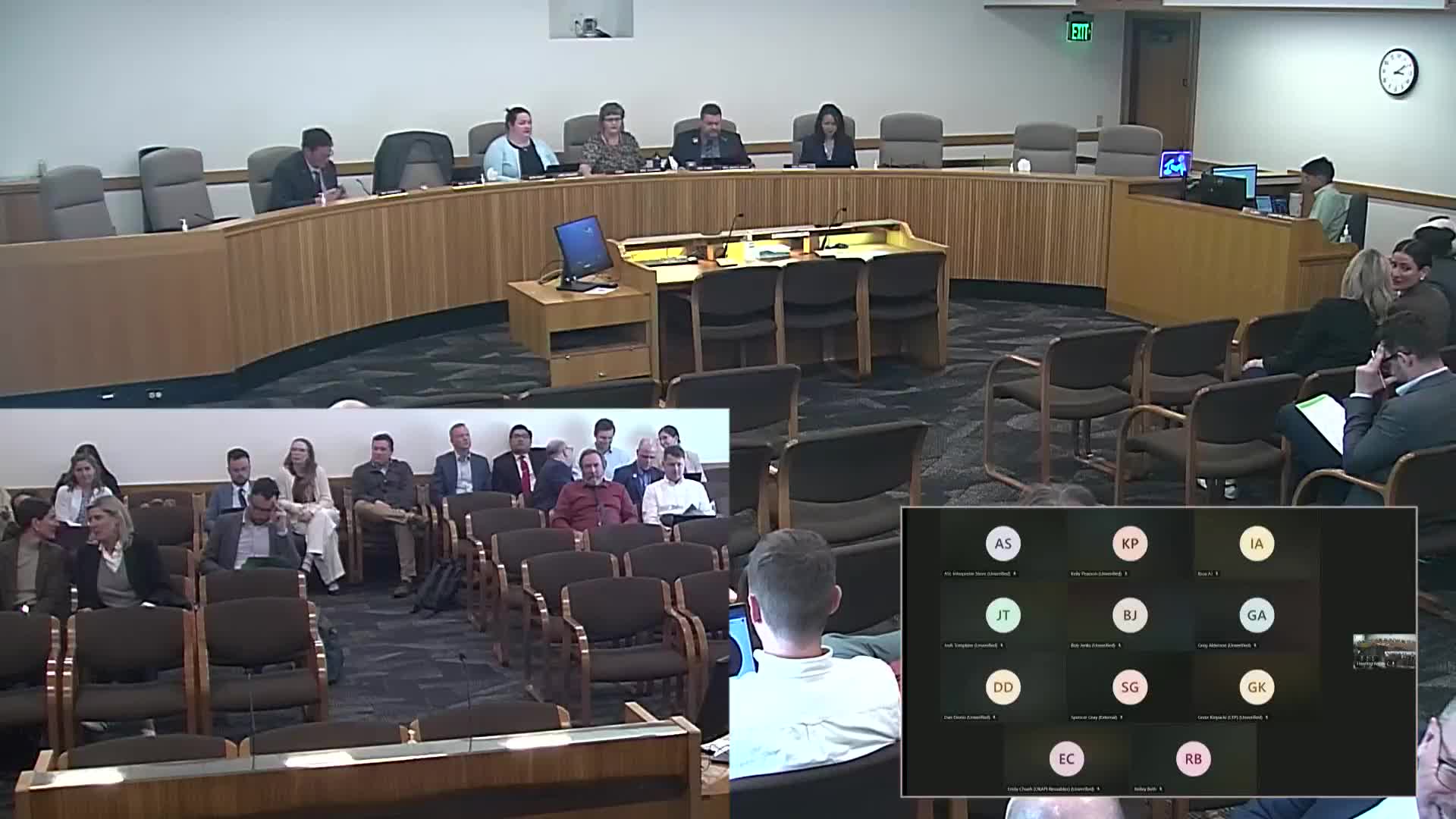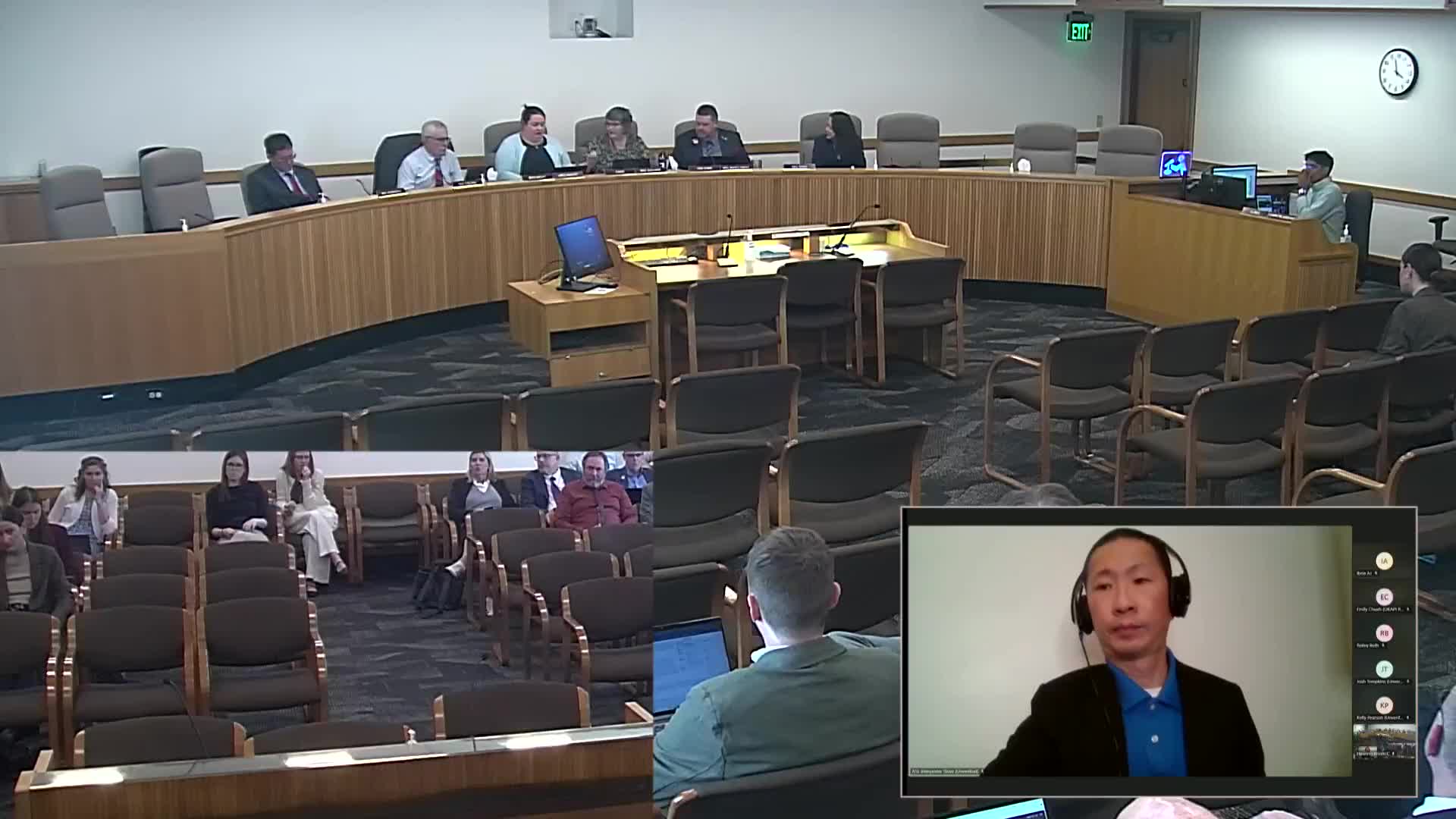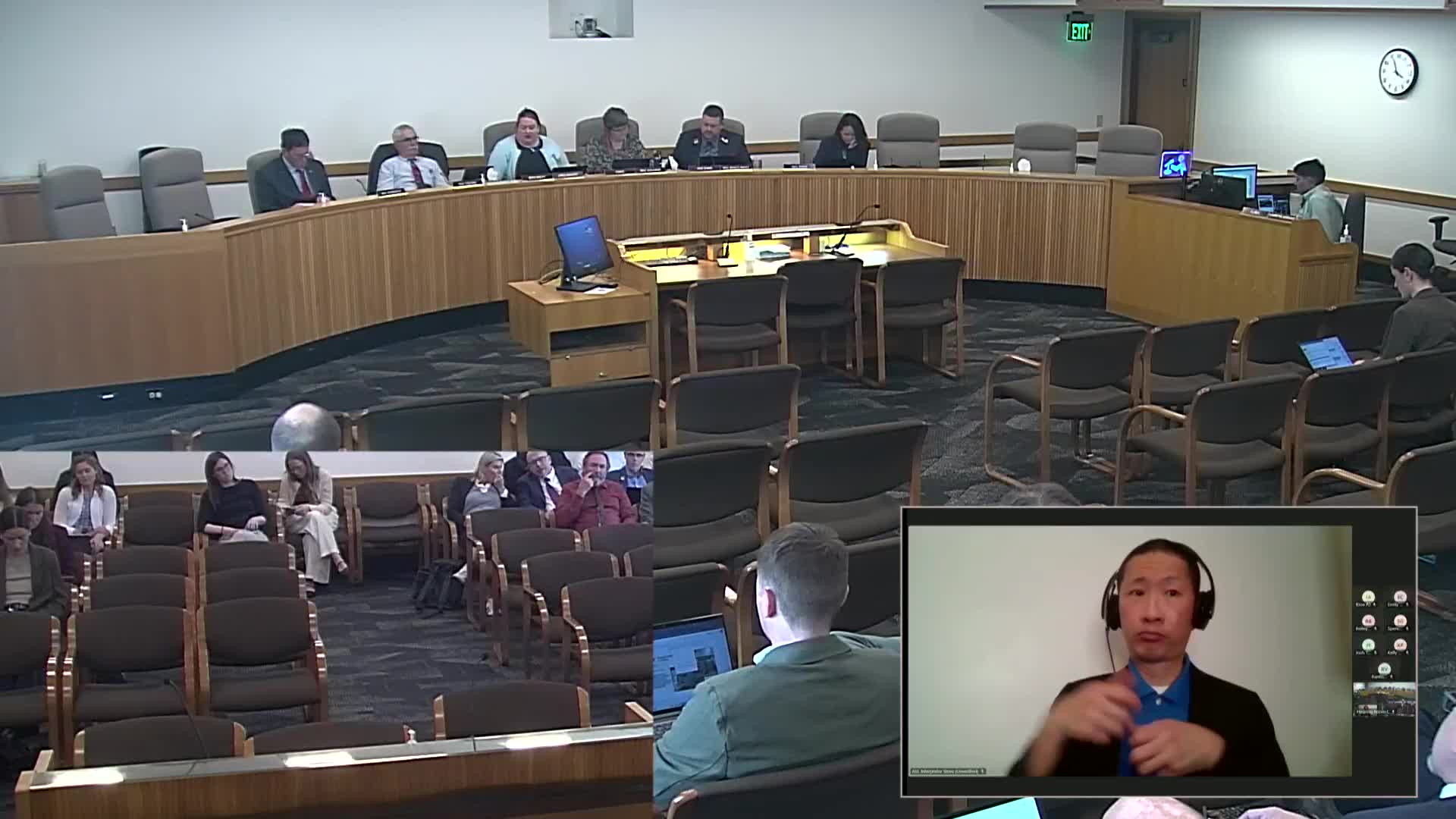Article not found
This article is no longer available. But don't worry—we've gathered other articles that discuss the same topic.

Committee hears competing views on bill to classify large energy users, including data centers

Panelists urge stronger incentives and infrastructure to scale refillable beverage systems in Oregon

